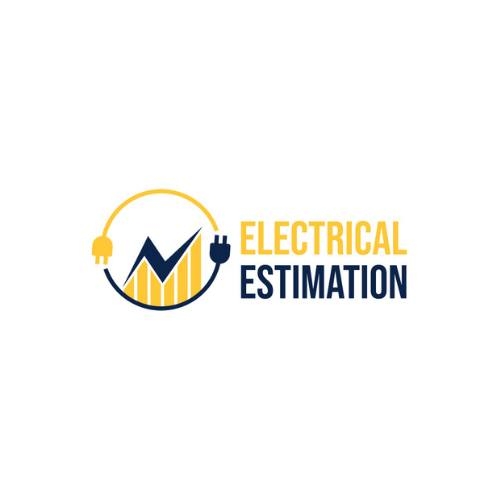
Electrical Estimation
Electrical estimation involves the process of accurately calculating the cost, materials, and labor required for an electrical project. It is an essential part of project planning and budgeting, enabling electrical contractors, estimators, and project managers to determine the financial feasibility and scope of an electrical undertaking.
FAQs
What is electrical estimation?
Electrical estimation is the process of calculating and estimating the cost, materials, and labor required for an electrical project, such as wiring installations, electrical system upgrades, or new construction.
Why is electrical estimation important?
Electrical estimation helps in determining the budget and resources needed for an electrical project. It allows project planners and contractors to make informed decisions, assess feasibility, and ensure that the project stays within budgetary constraints.
What factors are considered during electrical estimation?
Several factors are taken into account during electrical estimation, including the size and complexity of the project, the type and quantity of materials required, labor costs, equipment costs, permit fees, overhead expenses, and any additional contingencies.
Who typically performs electrical estimation?
Electrical estimation is usually carried out by electrical estimators, electrical contractors, or construction professionals with expertise in electrical systems and cost estimation. They analyze project specifications, review blueprints, and use industry knowledge to determine accurate cost estimates.
How is the cost of materials estimated?
To estimate the cost of materials, electrical estimators consider the project's electrical specifications, such as wire types and gauges, switches, outlets, circuit breakers, panels, and other components. They calculate the quantities needed and gather price information from suppliers or databases to determine material costs.


